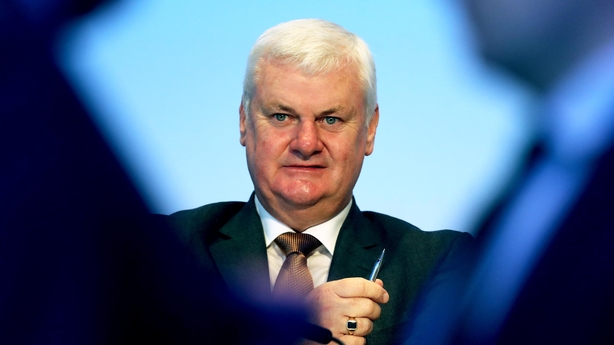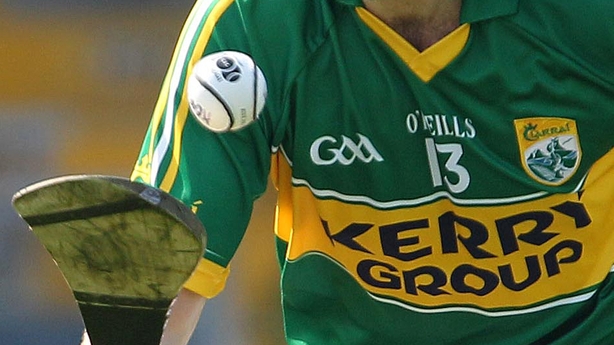The decisions taken at the GAA’s Special Congress at Croke Park on Saturday effectively divide the season into distinct sections.
February and March will be for the League, April will be almost exclusively for club games, May to July will be inter-county Championship season with August featuring both All-Ireland finals and club fixtures in the counties that don’t make the Liam MacCarthy and Sam Maguire deciders.
September onwards will be club-only and the GAA insist that the changes made to the structures of the Senior Hurling Championship will be good for club players.
Special Congress followed on from Annual Congress in February, when radical surgery was performed on the Senior Football Championship.
The All-Ireland quarter-finals were done away with in the big ball game, replaced by two four-team round robin groups that have become known popularly as the Super 8.
This means there will be eight extra games in football during the experimental phase between 2018 and 2020. The total of hurling championship matches will jump from 22 games to 29 in the summers of ’18-'20.
Both Allianz Leagues will be played off quicker next year, allowing April free for counties to get stuck into their club competitions.

The majority of the extra inter-county hurling games will be played in the months of May and June, when Leinster and Munster will be run off in two five-team round robin groups. Every county is also guaranteed two home games at this stage.
Football’s extra fixtures will all be played in July and August. The plan is also to hold the All-Ireland semi-finals and finals in August.
The 2018 hurling final is due to be played on Sunday, August 19 with the football decider seven days later, though this could be pushed back a week in a one-off move if the pope’s proposed visit to Ireland goes ahead.
There are now larger windows for club games, but it is very much up to county boards to get their houses in order to ensure that games are played during these times.
Club players have suffered for years now because county boards were unwilling or unable to provide adequate fixtures lists for their competitions. Much of this was down to the insistence of inter-county managers that club championship games be called off as long as the county team remained in the All-Ireland race.
The new round robin provincial structures will see more games between the top teams, though there will be plenty of counties unhappy that the top tier is now limited to ten teams.
Kerry also have the right to feel hard done by. If the winner of the newly created tier two competition, brought into existence by Special Congress, is Antrim or a Leinster county they will be promoted automatically in place of the bottom placed team in the province.

However, if Kerry come top they will have to play off against the worst team in Munster for a place in the following year’s provincial championship meaning the traditional hurling counties in the province are virtually ring-fenced into he competition.
On this, GAA Director General Paraic Duffy said: "This is what the Munster counties wanted - if Kerry are good enough to beat the bottom team they’ll get in and if they aren’t, they won’t."
Other potential problems that the GAA will face are dead rubbers in the round robin groups and multiple meetings between the same teams in the same season.
It remains to be seen whether the provinces decide to allow the schedule of matches be decided by a draw or if they seed teams in order to try to avoid dead rubbers towards the later rounds.
Also, there is the possibility that teams could met five times in competitive games inside six months - in the Allianz League regular season and play-offs, in the provincial round robin phase and provincial final and again in the All-Ireland series.
There are now five tiers in hurling - Liam MacCarthy Cup, the as-yet unnamed tier two, Christy Ring Cup, Nicky Rackard Cup and the Lory Meagher Cup.
The 2018 Leinster Championship will feature Galway, Kilkenny, Wexford, Dublin and Offaly. Munster will be made up of Cork, Waterford, Tipperary, Clare and Limerick while Antrim, Carlow, Kerry, Laois, Meath and Westmeath will form tier two.


